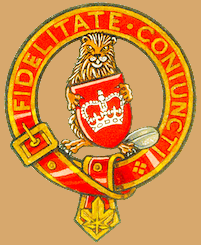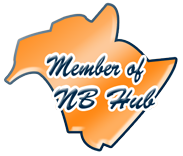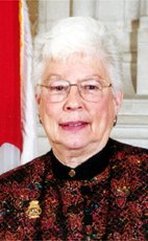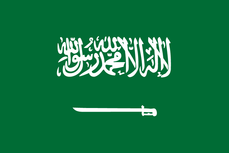
expended over the years
trying to get the Kings of
Saudi Arabia to introduce key
democratic freedoms. These
efforts miss a key reality
about the monarchs of Saudi
Arabia:
they are themselves trapped in a government system with
little ability to change it. It might seem strange to think of an
absolute monarch as being 'trapped' so I will explain.
Consider the cases of Jordan and Morocco. While neither is a
true democracy, both have moved in that direction and are
now only constrained by certain cultural realities that I will
come back to shortly. Monarchs in both countries have been
able to grant democratic freedoms so why are the Kings of
Saudi Arabia constrained? The granting of democratic
freedoms is a power-sharing arrangement. In both Jordan
and Morocco the Kings rule with their families playing little part in government. Granting democratic freedoms can be
done as quickly as the kings desire to do so and can be done
very quickly if need be. In Saudi Arabia it is much different.
The Al Saud hold all key government posts as well as
determining who the next king will be. Democratic reforms
need widespread support among members of the royal family
and cannot be brought about quickly. Most importantly, no
democratic reforms can be brought about by the king without
lessening the power of the Al Saud.
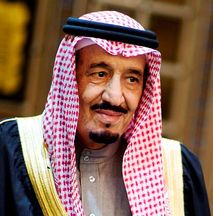 King Salman
King Salman positions with family members has
ensured the monarchy will not be
overthrown as several other Arab
monarchies were. On the other
hand this institutionalized
nepotism has created unbelievable
amounts of corruption and made
peaceful, top-directed reforms all
but impossible.
throughout the country and other states in the region. Kinship
plays an important role in how government works in Saudi
Arabia. It is often the case that 'issues' tend to take a backseat
to 'allegiances'. Indeed, it is the ability of rulers to keep local
leaders 'onside' that determines stability. This often is
accomplished through payouts. In Jordan and Morocco the
problem is less pronounced but still hinders democratization. Jordan is noted for having high levels of corruption despite efforts to stop it.
Strictly speaking, in a tribal society nepotism, favoritism, and
bribes are not corruption as we consider them. But neither are
they useful for the operation of a state. Saudi Arabia has been
able to use its immense oil wealth to ensure the system works
smoothly but that can only work so long. Ironically, the Al Saud is the greatest hindrance to the Kingdom of Saudi Arabia.
In most respects the Al Saud have come to resemble a type of
nobility within Saudi Arabia. There are a few ways the Kings
of Saudi Arabia (and it will take more than one) can go about
freeing themselves from this 'tyranny of cousins'. For starters
they need to consolidate rule within one branch of the family.
As long as the Al Saud is consulted every 10-30 years on who
the next king will be they will wield tremendous power.
Getting them to give up this power will be tricky but it may
well involve some camel trading (not literally...). In exchange for the office of the king being made hereditary in one line
the other members of the family might be given separate hereditary titles, lands, and a British-style House of Lords.
Now, it might seem this would entrench the power of the Al
Saud, and it would, but only in the short term. It would also
accomplish two key goals: allow a truly democratic lower
house to be created and sow factionalism among the Al Saud.
In truth such factionalism already exists but is muted in the interest of family unity. Separate titles and lands would
undermine this unity. Realistically, most government positions would still be filled by the Al Saud. Much like the British House of Lords once was the 'House of Al Saud' will be
in a vice-grip of a (still relatively powerless) House of Commons and a king who in his own interest can make common cause with the elected representatives. At the same time, the factions within the Al Saud will start looking to the elected chamber for allies. When this happens the collective power of the Al Saud will be broken.
Al Saud currently controls all aspects of government and it is
in their interest to put down any revolution that starts up. If
a revolution were to miraculously succeed it would face a number of issues: the cultural divide between the Hejaz and
the Najd, the tribalism I mentioned earlier, the clerical faction (which I didn't deal with here but could be dealt with in a similar manner to what I suggested for the Al Saud), and the
real possibility some member of the Al Saud will make
attempt #4 at establishing a kingdom. These issues would be hard for an experienced republic to deal with let alone one
just set up. So as happened in Egypt the people will have a republican strong man as their leader. In the modern world
revolutions don't produce better monarchies, they produce worse republics.
Loyally Yours,
A Kisaragi Colour
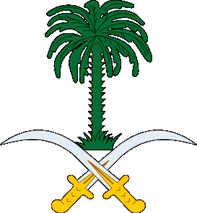
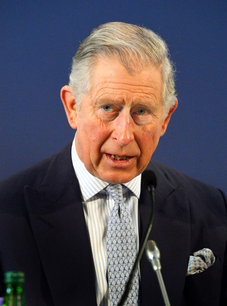
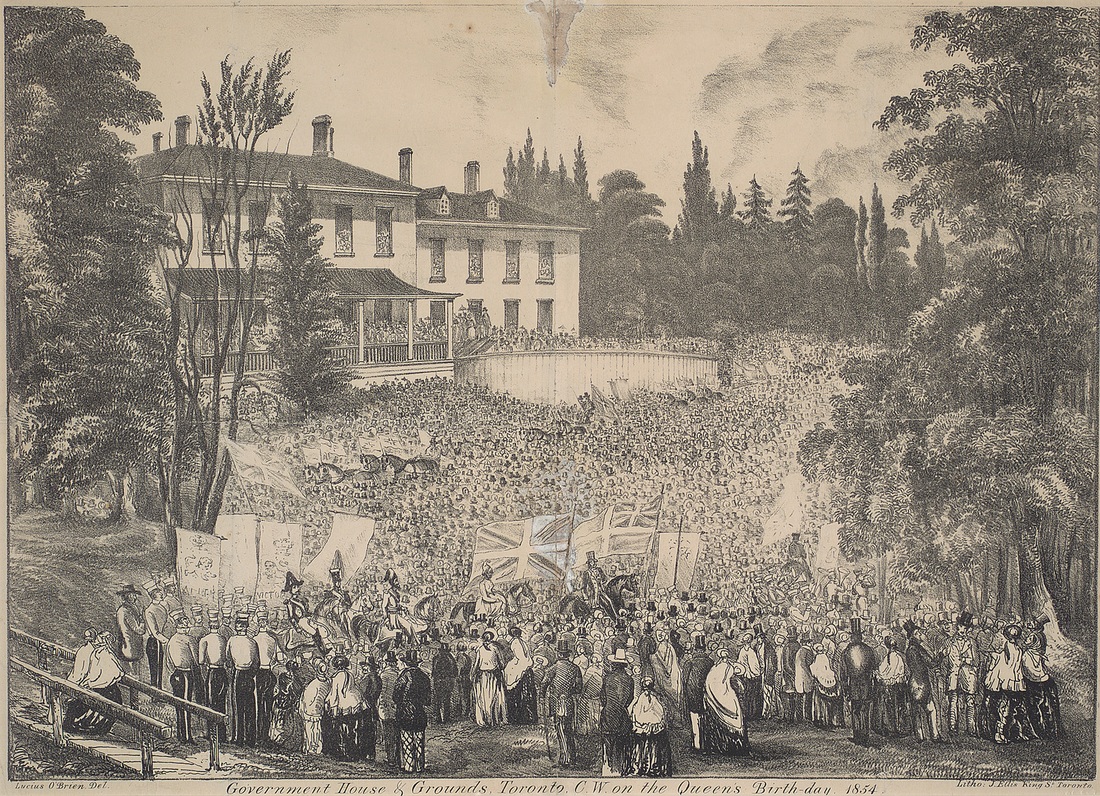
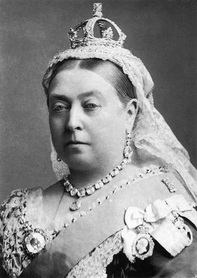
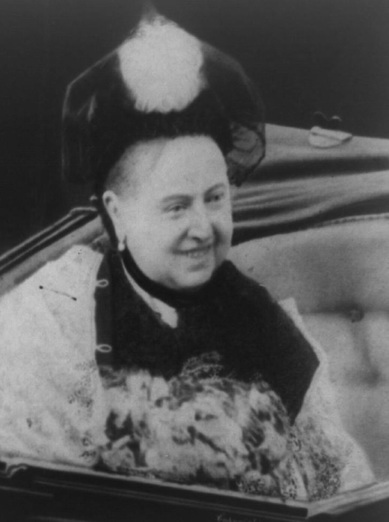
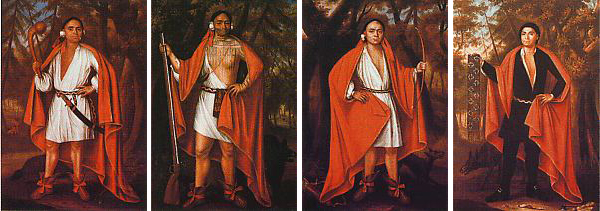

 RSS Feed
RSS Feed
